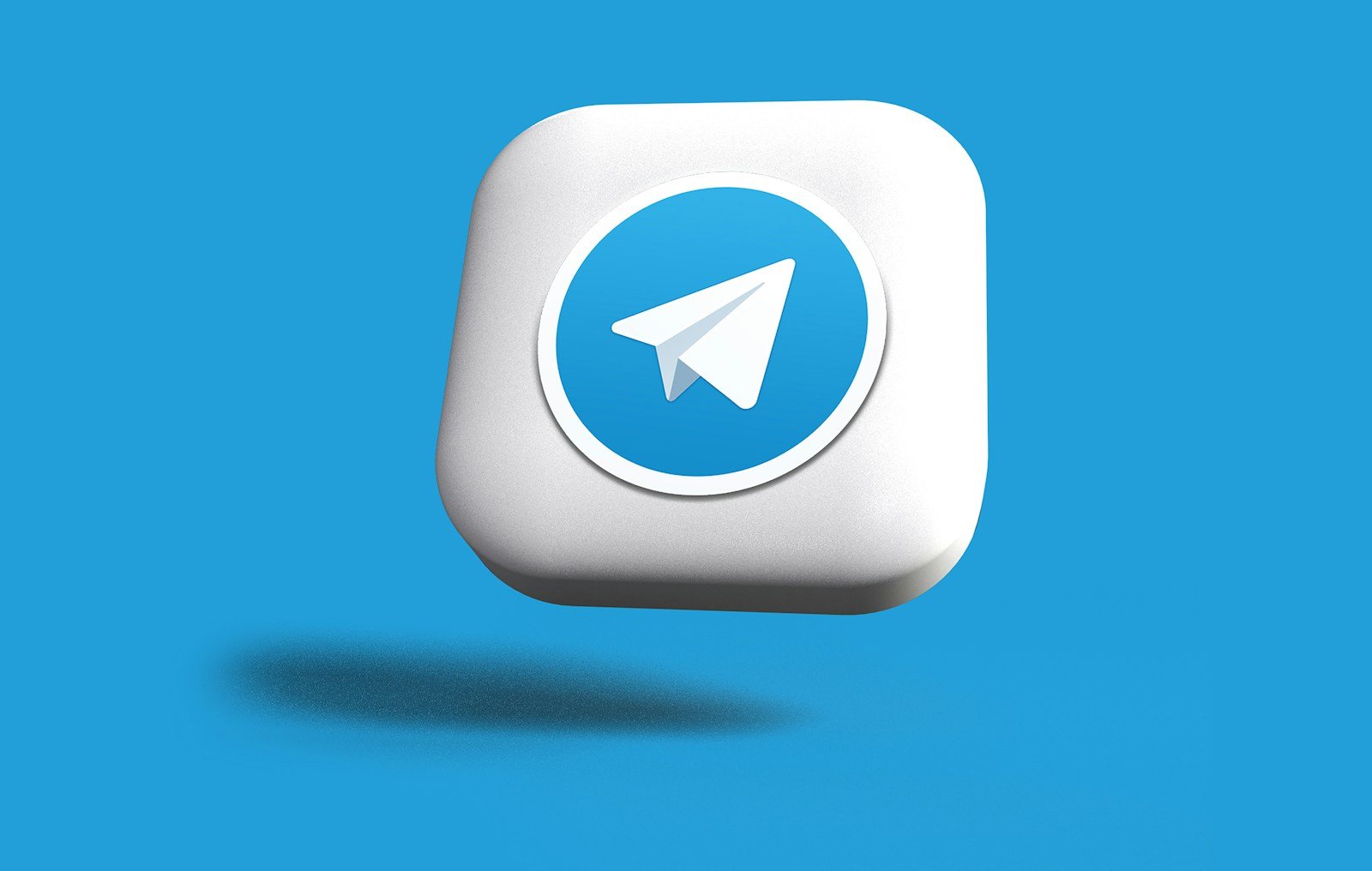Key Takeaways
- Pavel Durov limits phone use, cuts notifications, and sleeps 11–12 hours nightly.
- These habits boost mental clarity, focus, and creativity.
- Telegram now has over 1 billion users and $1 billion in revenue.
- Detaching from tech norms can spark big innovation in a burnt-out world.
Telegram CEO’s Routine Boosts Mental Clarity
Telegram’s co-founder, Pavel Durov, follows an unusual daily routine. He keeps his phone out of reach. He also turns off all notifications. As a result, he says he feels calm and focused. In fact, he credits these steps with more mental clarity. That clear mind has helped him steer Telegram to huge success.
Why limit phone use? Durov believes constant pings and alerts steal attention. He knows each buzz shakes focus and drains energy. Therefore, he keeps his phone in a different room during deep work. This simple habit lets him dive into tough tasks without distraction. In turn, he finishes projects faster and with better quality.
Meanwhile, Durov asks his team to follow similar steps. They work in quiet bursts and use notification blockers. Overall, this approach helps everyone think more clearly. It also cuts stress, as no one feels tied to their device every minute.
How Better Sleep Fuels Mental Clarity
Sleep habits play a huge role in mental clarity. Most leaders brag about sleeping just a few hours. Yet Durov does the opposite. He sleeps 11 to 12 hours every night. He believes extra rest sharpens his mind for the next day.
After long rest, Durov feels creative, alert, and calm. He solves hard problems faster. He also feels less stressed. That calm state encourages fresh ideas. In fact, his team says he tackles complex challenges with ease.
Moreover, long sleep helps him handle pressure well. As Telegram grew, competitors tried to mimic the app. Still, Durov stayed relaxed and focused. His strong rest cycle gave him the mental clarity to outthink rivals.
Turning Off Notifications for Focus
Notifications can ruin focus in an instant. That is why Durov disables all non-urgent alerts. He only allows calls and messages from close friends and family. All other alerts remain silent.
This rule applies to his computer too. He hides social media feeds and mutes email pings. Without those interruptions, he stays in a flow state for hours. Consequently, he achieves more each day. He also finishes tasks with less stress.
Importantly, Durov’s habit shows that we can control our tech. We don’t have to answer every ping. Instead, we can choose when to check messages. This tiny shift builds strong focus over time.
Why Detachment Drives Innovation
In the tech world, people often chase constant connection. They feel pressure to respond at once. This nonstop pace can lead to burnout. In contrast, Durov’s detachment fuels innovation.
By stepping away from his phone and shutting off alerts, Durov created space for new ideas. He used that space to refine Telegram’s features. He also found unique ways to protect user privacy. As a result, Telegram grew fast and stayed fresh.
Today, Telegram reaches over 1 billion users. It also earned $1 billion in revenue. All this happened while Durov worked in a calm, focused manner. His detachment from tech norms gave him the edge others lacked in a crowded market.
Lessons for Your Own Routine
You don’t need to be a billionaire to gain mental clarity. Here are simple steps you can try:
Limit Phone Access
Put your phone in another room during study or work.
Turn off non-essential notifications.
Check messages at set times rather than constantly.
Prioritize Sleep
Aim for 7–9 hours of sleep.
Create a bedtime routine that helps you wind down.
Avoid screens at least 30 minutes before sleep.
Block Distractions
Use apps or settings to silence social feeds.
Set your computer to “do not disturb” during deep work.
Schedule short breaks to recharge.
Embrace Quiet Time
Take daily moments with no screens.
Use that quiet to jot down ideas or reflect.
Notice how your focus and creativity improve.
By following these steps, you can boost your own mental clarity. You’ll also find tasks feel easier and more rewarding. With less stress, you might discover new ideas too.
Frequently Asked Questions
How does limiting phone use improve mental clarity?
Constant phone alerts split your attention. By reducing them, you stay focused longer. This clear focus becomes better mental clarity.
Can extra sleep really boost productivity?
Yes. Rest restores energy and heals your brain. When you wake up well-rested, you think faster and solve problems more easily.
Is it possible to innovate without constant tech connection?
Definitely. Taking breaks from your devices creates mental space for fresh ideas. That gap often sparks breakthroughs.
How can I start detaching from notifications today?
Begin by disabling non-urgent alerts on your phone. Next, set specific times to check messages. Finally, practice quiet sessions without any tech.
